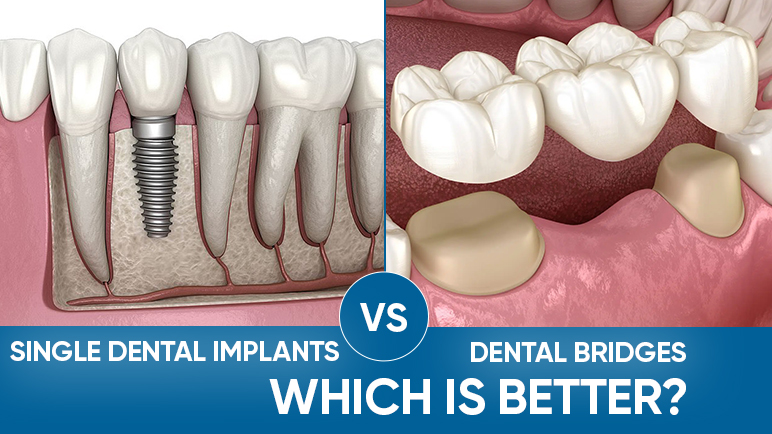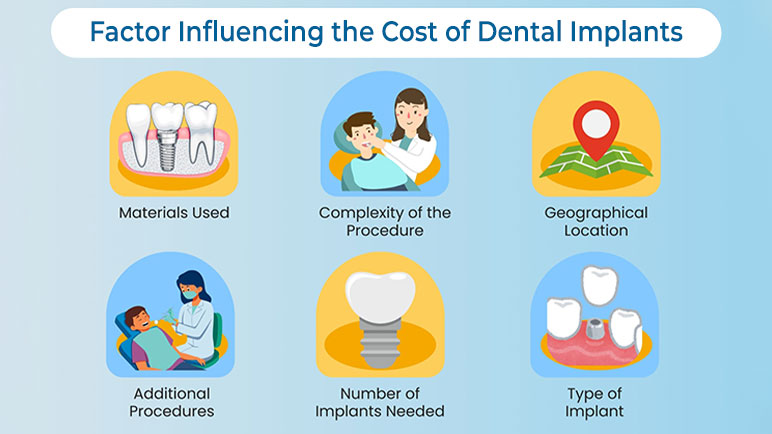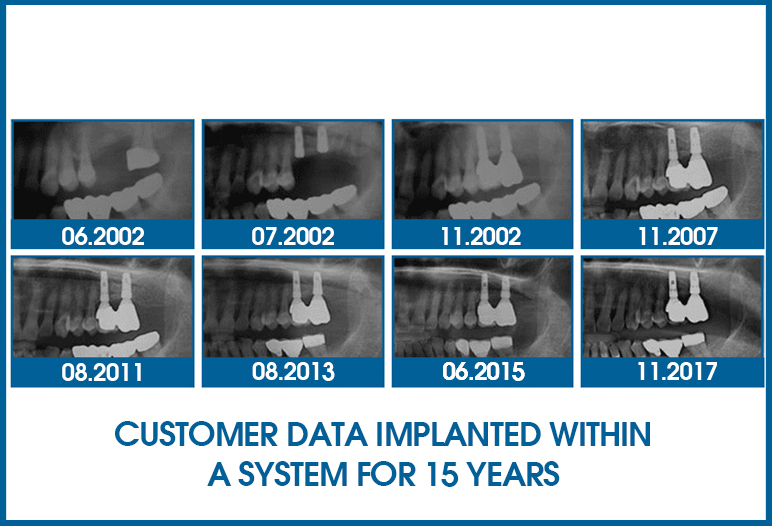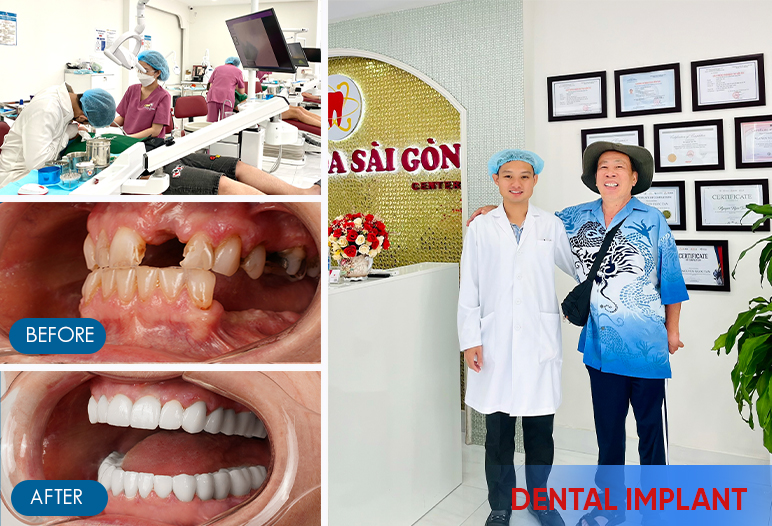Losing a tooth can be a distressing experience, impacting not only your smile’s aesthetics but also your ability to chew, speak, and maintain overall oral health. When faced with tooth loss, individuals are often presented with two primary restorative options: oral bridge vs implant. Both methods aim to restore the function and appearance of missing teeth, but they differ significantly in their approach, longevity, and overall impact on your oral health. The decision between these two options can be challenging, particularly given the varying costs, complexities, and long-term implications. This article will delve into the key differences, benefits, and considerations of dental bridges and implants to help you make an informed decision that best suits your individual needs and circumstances.
Understanding dental bridges vs dental implants
Before diving into the comparative analysis, it’s essential to clarify what each treatment entails and how they serve patients requiring tooth replacement.
What are dental bridges?
A dental bridge is a prosthetic device designed to replace one or more missing teeth. It consists of a false tooth (known as a pontic) anchored to two adjacent natural teeth or dental implants that act as abutments.
The process begins with the preparation of the abutment teeth, which involves reshaping them to accommodate crowns that will hold the bridge in place. After taking impressions, the bridge is fabricated in a dental laboratory. Once ready, it’s permanently cemented in place, effectively bridging the gap caused by the missing tooth or teeth.

What are dental implants?
On the other hand, dental implants offer a more permanent solution for replacing missing teeth. This procedure involves surgically placing a small titanium post (the implant) into the jawbone, where it fuses with the bone through a process called osseointegration.
Once the implant has integrated with the bone, a customized abutment is attached to the implant, followed by the placement of a crown that resembles a natural tooth. The crown is then secured onto the abutment, resulting in a strong and aesthetically pleasing replacement tooth.
The common Dilemma
When faced with tooth loss, many individuals find themselves at a crossroads: should they opt for a dental bridge or a dental implant? This decision involves weighing various factors such as cost, complexity, durability, and overall impact on oral health.
As people navigate this dilemma, understanding the nuances of oral bridge vs implant becomes crucial. Making the right choice can have long-lasting implications for one’s oral comfort, functionality, and aesthetic appeal.
Bridge vs. Implant: A comparative analysis
Now that we understand the basics of dental bridges and implants, let’s compare them across several key aspects to provide clarity for those considering their options.
Cost comparison
One of the primary considerations for many individuals is the cost of treatment. Generally, implants vs bridge work presents a significant difference in pricing structure.
Dental Bridge Costs
The cost of a dental bridge can vary based on factors like materials used, the number of teeth being replaced, and the complexity of the procedure. Traditional bridges usually employ porcelain fused to metal for strength, while more aesthetically appealing options may use all-ceramic materials.
In general terms, expect the price range for a dental bridge to hover between $1,500 and $5,000 per tooth, excluding any necessary preparatory work like crowns on the abutment teeth. This upfront cost appeals to individuals who prioritize budgetary constraints over long-term investment.

Dental Implant Costs
Conversely, the cost associated with dental implants can be steeper due to the multi-phased nature of the procedure. The total expense typically ranges from $3,000 to $6,000 per implant, factoring in the surgical placement of the implant, healing time, and subsequent crown placement.
Given that the total cost for a single tooth replacement might surpass $5,000—and may require additional procedures like bone grafting or sinus lifts—this option usually represents a more significant financial commitment. However, for those considering the longevity of the solution, investing in an implant could prove prudent over time.
In Saigon Dental Implants Center, our Dental Implants for full jaws service approximately $4,000, you might check the price below:
| FULL 1 JAW IMPLANTS | DENTAL IMPLANTS COST (USD) | DISCOUNT PRICE (USD) |
| Implant ALL ON 4 Dentium (Korea) (Include screw only + Temporary strengthened crown) | 6,000 | 4,000 |
| Implant ALL ON 4 Straumann Neodent (Swiss) (Include screw only + Temporary strengthened crown) | 7,000 | 5,200 |
| Implant ALL ON 4 Nobel / Straumann SLA Active (Include screw only + Temporary strengthened crown) | 9,000 | 7,200 |
| Implant ALL ON 6 Dentium (Korea) (Include screw only + Temporary strengthened crown) | 8,000 | 5,600 |
| Implant ALL ON 6 Straumann Neodent (Swiss) (Include screw only + Temporary strengthened crown) | 9,000 | 7,600 |
| Implant ALL ON 6 Nobel / Straumann SLA Active (Include screw only + Temporary strengthened crown) | 12,000 | 10,400 |
| Zygomatic Implants – “All on 4”, full arch, fixed bridge | 13,000 | |
| Final bar + High Acrylic Permanent teeth (4–6 Months Later) | 1,400 | |
| Final bar + Full Zirconia CAD/CAM teeth (4–6 Months Later) | 4,000 | |
|
For patients deciding on Implants All-On treatment SAIGON IMPLANT CENTER will give customers a gift package, including: |
|
|
Procedure complexity
Another vital aspect to consider when evaluating teeth bridge implants and dental bridges is the complexity of the respective procedures.
The Bridge Procedure
The procedure for a dental bridge tends to be less invasive than that of a dental implant. It generally involves preparing the abutment teeth, taking impressions, and fabricating the bridge in a dental laboratory.
Patients usually require only a couple of visits to complete the process, making it relatively straightforward. For individuals seeking quick results without extensive recovery time, dental bridges often appear attractive.
The Implant Procedure
In contrast, dental implants entail a surgical procedure involving creating a small opening in the jawbone to carefully place the implant within. Anesthesia is commonly used, and the process can become complex if bone grafting or sinus lifts are necessary due to insufficient jawbone density.
Following implant placement, there’s a healing period lasting several months during which the bone and implant fuse together. After healing, a second procedure is needed to attach the abutment and crown, extending the timeline substantially compared to bridges.
Longevity
When it comes to durability and lifespan, dental bridges and implants present different prospects for patients.
Bridges Lifespan
While bridges can be quite durable, they are susceptible to complications such as decay around the abutment teeth or fracture of the pontic. Generally, dental bridges have an expected lifespan of 10 to 15 years, heavily influenced by oral hygiene practices and other factors.
Patients must remain diligent about maintaining their oral health, as neglecting care can lead to deterioration and the need for replacement sooner than anticipated.
Implants Lifespan
On the other hand, dental implants can last a lifetime with proper care. The titanium post utilized in the implant is incredibly resilient and resistant to decay. While components like the abutment or crown may require replacement due to wear and tear over time, this does not necessitate removal of the implant itself—providing a sustainable dental solution.

Aesthetic appeal
The visual result of dental restoration plays a significant role in patient satisfaction, making aesthetic appeal a critical factor in the decision-making process.
Bridge Aesthetics
Although bridges effectively restore function, their aesthetic quality can sometimes fall short, especially if the abutment teeth were significantly decayed or weakened prior to treatment. Additionally, achieving a perfect color match for the pontic against surrounding natural teeth may prove challenging.
For some patients, the limitations in aesthetics might compel them to explore alternatives, particularly if they place a high premium on the cosmetic aspect of their smile restoration.
Implant Aesthetics
Conversely, dental implants tend to offer superior aesthetic results. The crown is custom-designed to seamlessly match the shape, size, and shade of surrounding teeth, resulting in a cohesive and natural-looking smile.
Moreover, because the implant provides firm support, the new tooth not only looks like a natural tooth but also functions in a way that mimics authentic dental behavior. Patients delighted with their restored appearance may find that the natural look of implants boosts their self-esteem and confidence.
Impact on oral health
The long-term ramifications of each option on oral health warrant careful consideration. Understanding how implants and bridges affect overall well-being can inform better choices.
Bridges and Oral Health
While dental bridges can enhance oral function, they also demand meticulous maintenance. Proper brushing and flossing are essential; however, the design of the bridge can pose challenges in cleaning around the abutment teeth and pontic.
This difficulty in maintaining optimal hygiene increases the risk of plaque accumulation and gum disease, potentially leading to further complications down the line. For patients concerned about long-term oral health, this downside may raise red flags.
Implants and Oral Health
In contrast, dental implants could potentially enhance long-term oral health. Since implants integrate with the jawbone, they do not necessitate the alteration of adjacent teeth, preserving their integrity and reducing the likelihood of future complications.
Additionally, the stability provided by the implant helps to promote optimal bite function and mitigates the risk of bone loss in the jaw. As patients maintain good oral hygiene practices, the gingival tissue around the implant remains healthy, contributing to the enduring success of the treatment.
Lifestyle considerations
Lifestyle factors play a pivotal role in determining whether dental bridges or implants are more suitable for an individual.
Bridges and Lifestyle
Individuals who grind their teeth (bruxism), chew on hard objects, or consume high amounts of sugary or acidic foods may find that bridges are vulnerable under these conditions. The stresses associated with these habits can increase the risks of damage or failure, leading patients to reconsider their options.

Implants and Lifestyle
Dental implants exhibit remarkable durability, able to withstand the pressures associated with chewing and grinding. This resilience makes them an attractive option for individuals with active lifestyles. Provided that proper oral hygiene is maintained, implants can offer a reliable and functional solution for those who lead dynamic lives.

Choosing the right option for you
Selecting the best tooth replacement option requires careful consideration of various factors specific to your individual circumstances. Below are critical considerations to weigh when deciding between a dental bridge or implant.
Factors to consider
Oral Health Condition
Your overall oral health plays a significant role in assessing the suitability of a bridge or implant. If your mouth is already compromised by gum disease, decay, or other dental issues, it’s crucial to address these conditions before undergoing restorative treatment.
In certain instances, implants may not be viable options if sufficient bone density is lacking, necessitating additional procedures such as bone grafting beforehand.
Lifestyle
Evaluating your lifestyle and habits is essential when contemplating dental bridge vs implant decisions. For example, if you have a history of bruxism or participate in activities involving frequent impacts to the mouth, dental implants might be a more favorable option due to their inherent resilience.
Budget
Cost differences between bridges and implants are significant for many individuals. Careful evaluation of your budget is imperative when planning for the expenses associated with each treatment option. Although implants may initially seem pricier, their longer lifespan could save money over time compared to more frequently replaced bridges.
Long-Term Goals
Your long-term goals for dental health are also fundamental to your decision-making process. If you aspire to achieve a permanent restoration that minimizes impact on adjacent teeth while providing a durable solution, dental implants may emerge as the more appropriate choice for your needs.
Consultation with a dental professional
Ultimately, consulting with a qualified dental professional is paramount in making an informed decision regarding your treatment path.
A comprehensive examination allows the dentist to evaluate your oral health, identify potential complications, and discuss your unique needs and preferences.
Personalized treatment plan
Based on your specific case, the dentist can develop a personalized treatment plan that outlines the optimal procedure for replacing your missing tooth or teeth. They will consider your oral health status, individual anatomy, lifestyle, and budget, ensuring that the chosen treatment is both effective and appropriate for your unique circumstances.
Conclusion
In summary, the decision between a dental bridge and dental implant involves a nuanced evaluation of various factors, including cost, complexity, longevity, aesthetics, and overall impact on oral health.
While both options aim to restore function and appearance, the implications for your dental health and personal preferences can vary greatly between the two. Consulting with a qualified dentist is essential to determine the best option tailored to your individual needs.
If you have experiences in choosing between oral bridge vs implant, or if you have questions regarding your dental health, feel free to share in the comments section below. Your insights may help others facing similar decisions on their journey towards achieving a confident, radiant smile.

 Google Reviews
Google Reviews Call
Call
SAIGON IMPLANT CENTER
Best dentist in Vietnam
Saigon Implant Center - Dental Clinic utilizes the latest technology for specialized treatment in the field of Single implant, full jaw implants, All on 4 implants, All on 6 implants, Zygoma implant....
SAIGON IMPLANT CENTER
Best dentist in Vietnam
Saigon Implant Center - Dental Clinic utilizes the latest technology for specialized treatment in the field of Single implant, full jaw implants, All on 4 implants, All on 6 implants, Zygoma implant....